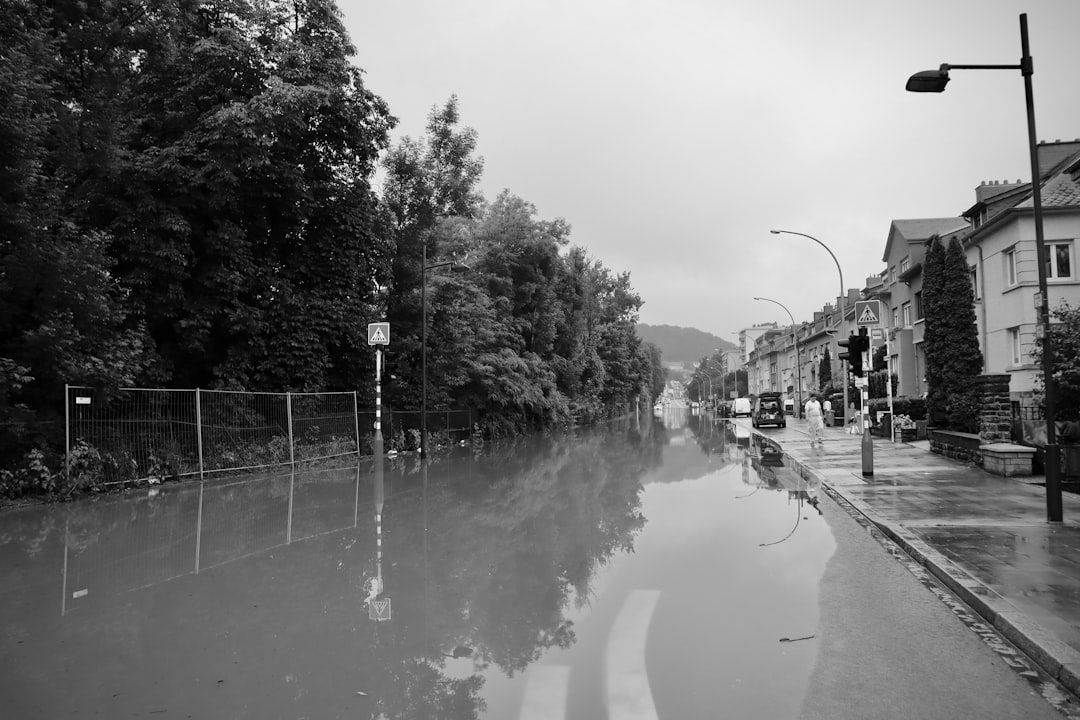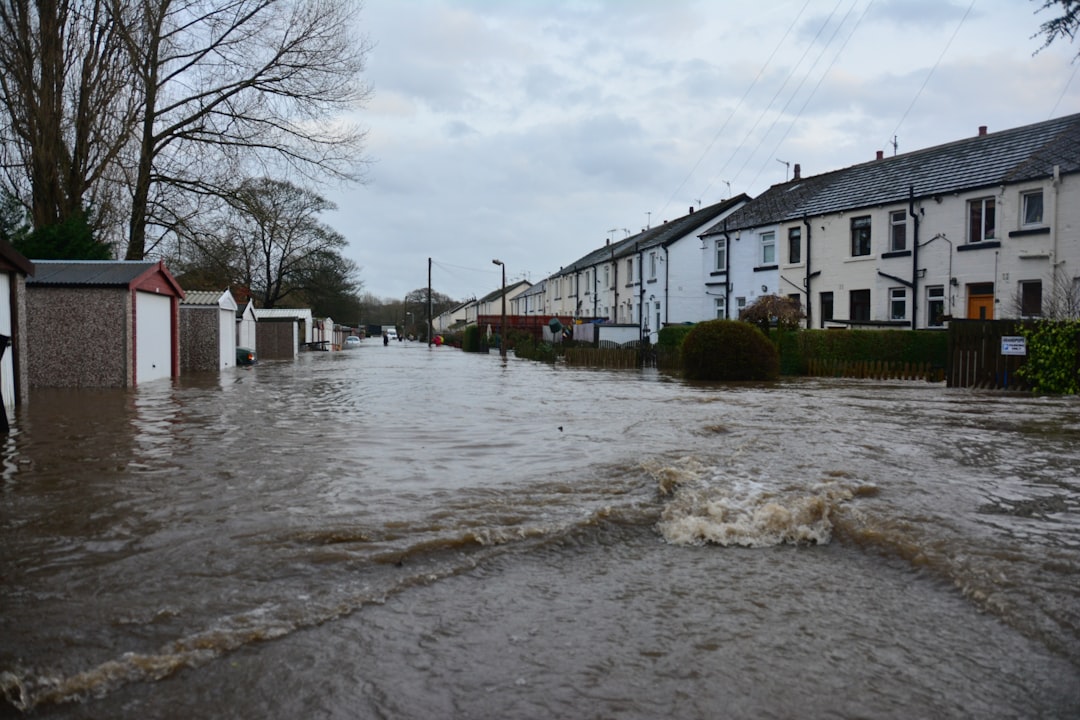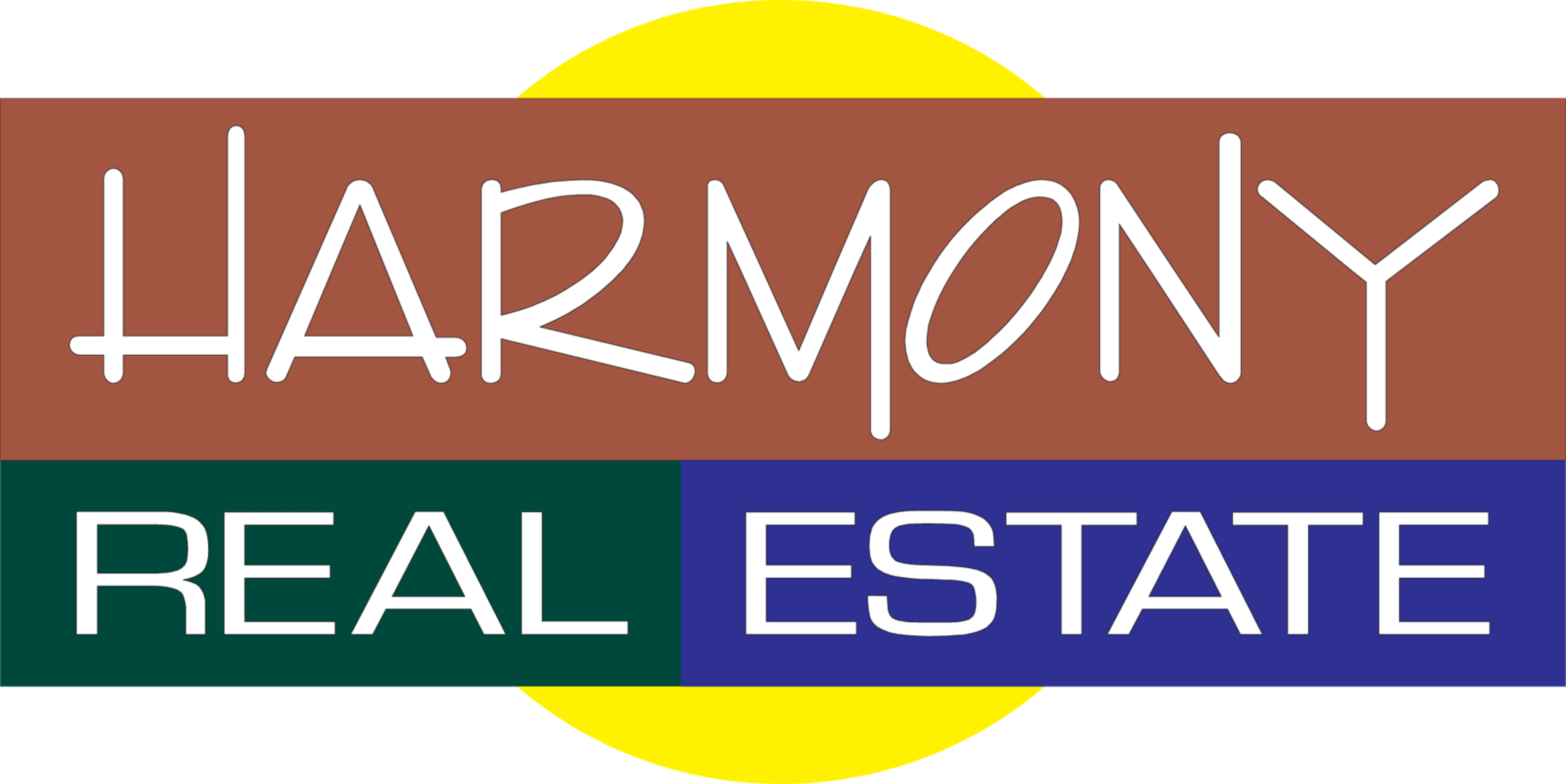Why Flood Rezoning Implications Are Important During a Purchase

In the world of real estate, flood rezoning and implications are important topics that both buyers and sellers should understand. If you're thinking of purchasing Litchfield houses for sale or exploring Southern NH houses for sale, you need to be aware of the potential impact flood zones can have on your investment. Flood rezoning refers to changes in the flood zone maps that can affect the risk of flooding in a specific area. These changes are crucial because they can influence the value of a property, its marketability, and the cost of flood insurance.
In this blog, we’ll dive deep into what flood rezoning is, how it works, and why it matters to both homebuyers and sellers in New Hampshire.
What Is Flood Rezoning?
Flood rezoning happens when flood zone maps, which are used to assess flood risks in different areas, are updated. These maps are created by the Federal Emergency Management Agency (FEMA) and used by local governments to determine which areas are most at risk of flooding. Flood zones are categorized from low to high risk, and properties within high-risk zones may require flood insurance.
When FEMA updates these flood zone maps, it might move some properties from a lower-risk area to a higher-risk one or vice versa. This is what we call flood rezoning. A change like this can have a significant impact on homebuyers and sellers, especially in areas like Southern NH, where certain regions may be prone to seasonal flooding.
Why It’s Important to Understand Flood Zones
Understanding where your property lies on a flood zone map is essential when buying or selling a home. Flood rezoning directly affects:
Property Value: Homes in high-risk flood zones tend to have lower market values because of the associated risks and costs.
Insurance Costs: Homes in high-risk flood zones often require flood insurance, which can add a significant expense to a homeowner’s budget.
Mortgage Approvals: Some mortgage lenders may require flood insurance for homes in high-risk areas. This could make securing a loan more complicated or expensive.

The Process of Flood Rezoning
Flood rezoning doesn't happen overnight. The process involves several steps, from mapping flood risk to changing how properties are classified. Understanding how the process works is important for anyone looking at Litchfield houses for sale or other properties in the area.
Flood Risk Analysis: FEMA and local governments continuously study flood risks using data from weather patterns, river levels, rainfall, and historical flooding events. This data helps them determine the likelihood of flooding in certain areas.
Updating the Maps: After the analysis, FEMA updates its flood zone maps. These maps categorize areas into different flood zones, such as high-risk, moderate-risk, and low-risk zones. Areas that were previously considered low-risk may be moved to a high-risk zone, while others may be moved to a lower-risk zone.
Public Review: Before the new flood maps become official, there is a public review period. During this time, homeowners and local governments can challenge or request adjustments to the maps.
Finalization: After the review period, FEMA finalizes the new maps and sends them to local governments for implementation. This marks the official change in flood zone designations.

Flood Rezoning and Its Impact on Property Buyers
If you're buying a home in Southern NH or Litchfield houses for sale, flood rezoning can have significant financial and practical implications. Here's how:
1. Impact on Property Value
Flood rezoning can lead to an increase or decrease in property value, depending on the flood zone designation. If your property moves into a high-risk flood zone, its value could drop due to the increased risk of flooding. On the other hand, if your property moves to a lower-risk zone, its value might increase.
Buyers typically prefer homes in lower-risk zones because they feel more secure about the investment. But homes in high-risk areas may be harder to sell, which could result in a longer time on the market or a lower sale price.
2. Flood Insurance Requirements
One of the most significant impacts of flood rezoning and implications is the requirement for flood insurance. If your property is located in a high-risk flood zone (also known as a Special Flood Hazard Area or SFHA), you will most likely need flood insurance to obtain a mortgage.
Flood insurance can be expensive. The cost of flood insurance varies depending on the location, the elevation of the property, and the value of the home. It's important to factor this cost into your budget when buying a home. Properties in newly designated flood zones might face higher premiums than homes that have been in high-risk areas for years.
3. Changes in Mortgage Approval Process
In some cases, flood rezoning can make it more difficult to secure financing. Mortgage lenders are required to assess flood risk before issuing a loan, and if a property is in a high-risk flood zone, the lender may require flood insurance. If flood insurance is not available or too expensive, buyers may struggle to get approved for a mortgage.

Flood Rezoning and Its Impact on Property Sellers
For sellers, flood rezoning and implications can affect your ability to sell your home. Here’s how:
1. The Effect on Sale Price
If flood rezoning moves your property into a higher-risk zone, it could lower the sale price of your home. Buyers are often hesitant to purchase homes in high-risk areas, especially if they will need to pay for expensive flood insurance. As a seller, this could lead to a longer time on the market, lower offers, and the potential need to reduce your asking price.
2. Navigating Insurance Requirements
If your property is in a flood zone, flood insurance might already be a requirement for buyers. However, flood rezoning can make it more difficult to sell if the cost of flood insurance becomes prohibitively expensive. Sellers may need to help prospective buyers understand the insurance requirements and costs or make improvements to the property to reduce flood risk.
3. Disclosure of Flood Risk
In most states, sellers are required to disclose any known flood risk to potential buyers. If flood rezoning has recently changed the status of your property, you may need to inform buyers about the potential risks involved. This can help avoid future legal issues and ensure a smooth transaction.

What You Can Do If Flood Rezoning Affects You
If flood rezoning affects your property, there are several steps you can take as a buyer or seller:
For Buyers:
Review Flood Maps: Always check the most recent flood maps before making an offer on a property. This will give you a better idea of the flood risk associated with your potential new home.
Consult with Your REALTOR®: A local REALTOR® can help you understand the implications of flood rezoning on your property search. They can also guide you in finding homes in lower-risk flood zones.
Research Flood Insurance: Understand the cost of flood insurance in the area you're considering. Get quotes to factor into your decision-making process.
For Sellers:
Disclose Flood Risk: Be transparent with buyers about flood risk and insurance requirements. Disclosing this information early can help avoid misunderstandings later.
Consider Flood Mitigation: If your home is in a high-risk zone, consider taking steps to mitigate flood risk. This might include elevating the home, installing sump pumps, or other flood-proofing measures.

Understanding the Implications of Flood Rezoning
Understanding flood rezoning and implications is crucial when buying or selling real estate in Southern NH. Whether you're interested in Litchfield houses for sale or other properties in the region, flood zones can affect property values, insurance requirements, and the ability to secure financing. For buyers, it’s essential to be aware of flood risks and understand the potential costs associated with flood insurance. For sellers, flood rezoning can impact the sale price and marketability of your home, so it's important to disclose this information to potential buyers.
In the end, staying informed and working with a knowledgeable REALTOR® can help you navigate the complexities of flood rezoning and make the best decisions for your real estate investment.
If you need more info on flood rezoning, or are ready to sell your house give us a call at (603) 883-8840. You can also sign up for your dream home search or reach out to Our Agents for more information. We’d love to help you with your real estate needs.
